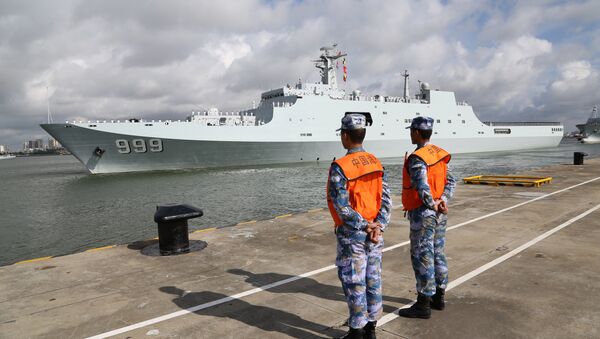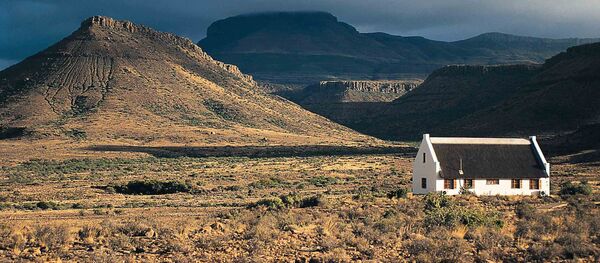Sputnik has discussed the issue with Dr. Toni Haastrup, Senior Lecturer in International Security at the University of Kent.
Sputnik: The idea of Africa and Europe being in a partnership among equals is not new. So why is this topic being discussed again?
And of course, oftentimes, in a context of EU-African relations, Africa has always been kept in its place by this mantra of partnership or partnership of equals, and oftentimes they think they do not really have a choice.
Sputnik: Dr. Haastrup believes one should rather ask themselves what is this future that Europe sees for itself, and how will it be tied to Africa. And what could the answer to these questions be?
Dr. Toni Haastrup: To my mind, optimistically, this future would be one on which Africa is prosperous – because we know that by comparison Europe is prosperous, so in that sense Africa would be prosperous.
But Africa would be seen as a partner in international for a, and in this way European actors can foster a more bilateral cooperation with African countries on issues like climate change. At the same time, Europe is sensitive in investing in more cultural exchanges through programmes like Erasmus for both African students and European students to go to Africa.
Dr. Toni Haastrup: A lot of economic migrants – which tend to be the focus of the European Union now – have come into Europe through regular means and tend to overstay.
So, proportionally, we still have left economic migrants coming through this route, that has become very visible in 2015 at the onset of the migration crisis.
On the other hand, you may think ‘If people have jobs, then they won’t have to leave their homes,’ and I think that is a very pragmatic reasoning and it’s true, but I think that one of the things that needs to be reflected on is, can business investment impact on the poorest in the first instance?
To my mind, the current framework perhaps is not being articulated fully. I do not necessarily see how this will benefit the poorest; and I guess, perhaps, this is where the European Union very much needs African states and the African Union to sort of direct how these investments are made
Dr. Toni Haastrup: Until recently, the EU did used to be the largest investor on the continent, to an extent that the EU never feared losing that position as the largest investor.
There’s always this image of China simply throwing money at Africa so that it could get some of the resources and not wanting anything to do with the political processes or shape any sort of political trajectories in Africa.
To that extent the EU has often been relatively comfortable with China behaving like any other donor. But that is no longer the case: now we have China clearly driving for political influence on the continent. I think the main concern is not necessarily about the investment itself, in terms of how much money, how many billions are coming into Africa, rather what that investment means.
Views and opinions expressed in this article are those of Dr. Toni Haastrup and do not necessarily reflect those of Sputnik.





